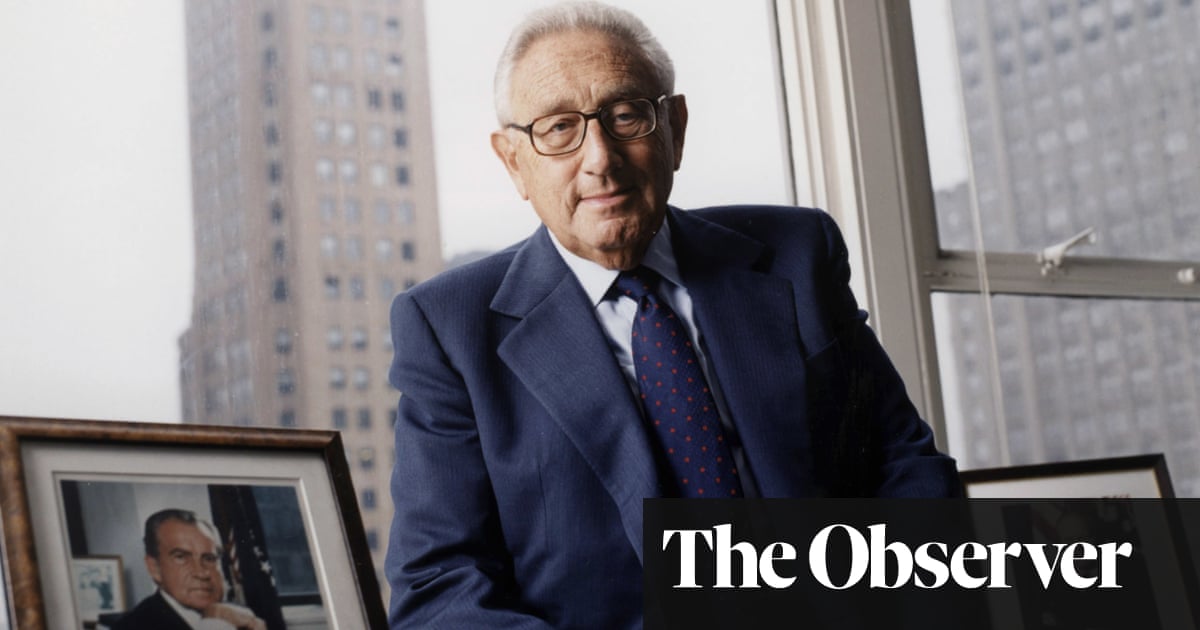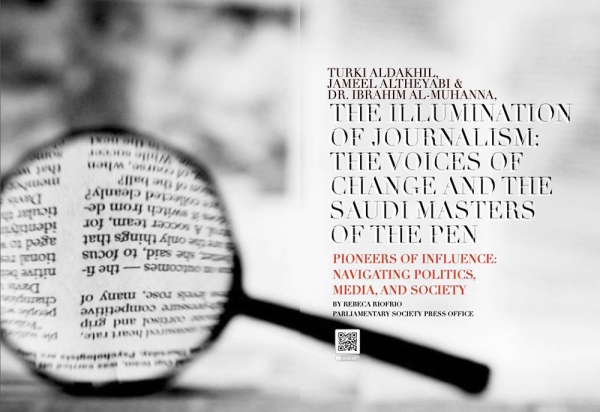
he death of the former senior MI6 officer George Blake brings to a close a cold war chapter of betrayal and treachery inside the intelligence service. The life, career and activities of his fellow officer and traitor Kim Philby are well known and endlessly pored over. In recent years, Blake’s treason has been subject to the same process but in less detail, partly because his status is perhaps less exalted than Philby’s.
Why is that?
Philby was part of the new generation of MI6 officers who entered the service after private school and university, often Cambridge. Easing out the old guard of anti-Bolsheviks with armed service backgrounds, this educated elite would by the mid 1950s dominate MI6 and its senior posts, as they did the postwar Foreign Service.
Blake was never part of this class-ridden inner circle. Philby was at the centre of it, which is why his betrayal of close friends, who had stuck by him, refusing to accept accusations that he was “the Third Man”, was such a deep and paralysing wound.
Nicholas Elliott, who would bungle the interrogation of his friend Philby and, in effect, allow him to escape to Moscow, was less surprised by Blake’s treachery. Blake – born in Rotterdam to a Dutch mother and an Egyptian Jewish father – was never considered one of them. Some senior officers would say he had a chip on his shoulder.
Immediately after the war, Blake worked in Hamburg with naval intelligence alongside the soon-to-be BBC reporter Charles Wheeler. An assiduous and competent officer, his abilities were spotted in London, and he was sent to Seoul at the time of the Korean war to gather intelligence and set up stay-behind units. What happened when he was taken prisoner and subjected to interrogation by the Russians is still not completely known, but it appears – against the backdrop of a terrible war – that he had a genuine conversion to Communist ideology and willingly became a Soviet agent.
Philby and the Cambridge Five generally were in essence antifascists and saw the Soviet Union as the best means of defeating the Nazis. Blake was an idealist, disillusioned with British intelligence, who sought – in his naive fashion – a Communist revolution. His response was to reveal to his KGB handlers everything that crossed his desk and to actively seek out the service’s secrets.
By the mid 1950s, Blake was running bugging and telephone operations, even break-ins, against Soviet embassies in Europe’s capital cities, activities that he later detailed in an obscure 1970s Soviet interview.
Operating at the centre of the cold war in Berlin, Blake learned the identities of MI6’s agents in the east. Scores of acronyms, actual names, key biographical information and intelligence dossiers were left at dead-drops or passed to his KGB handlers in true John le Carré fashion.
He handed over the detailed plans of the joint MI6-CIA Berlin tunnel that was harvesting vast amounts of information gathered from telephone taps and the communications of the Soviets in East Germany. From day one the KGB was aware of this operation but so valuable was Blake as an agent that they let it run.
Frank Bicknell, an MI6 officer running operations into Russia, told me once that my account of them was completely accurate, even down to specific codenames. Having always believed that his operations, which were entirely unsuccessful and led to the young agents’ deaths, had been compromised from the start, Bicknell asked me the source of my information. From KGB files released to Soviet publications, I explained. This confirmed his own suspicions about intelligence failures that continued to haunt him. Those files had been purloined by George Blake.
Recalled to London, Blake helped run – alongside its head, Dickie Franks – a new section to recruit assets and agents who might be able to provide intelligence on the Soviet bloc, which in the late 1950s was largely a dead zone for MI6. Its officers, operating under “light cover” in eastern European embassies and in “deep cover” without diplomatic immunity had failed to recruit major sources.
In order to make up for the lack of intelligence, hundreds of businessmen, journalists, tourists and students were recruited, though little of worth was derived from this massive operation. Again, all these assets had been compromised from the beginning.
Blake later revealed in the Soviet press – mostly ignored, censored or ridiculed by the British press – some of these operations, including lists of recruited journalists, details of MI6 and BBC cooperation, MI6 postal activities and publishing exercises, plus details of the funding of student bodies in the 1950s and early 1960s.
Thanks to Blake and Philby, it can be seen, from information that later filtered out of KGB archives, that from 1945 until 1963 the Soviets were aware of the identities of 350-450 MI6 officers and assets. The service was a secret from the British public and often from the government, but not to Moscow.
As a result of Blake and Philby’s treachery, the intelligence “game” – certainly on a human level – came to be not so much about gathering great military and political secrets as about penetrating each other’s agencies. Like the writings of his fellow MI6 officer, David Cornwell (John le Carré), whose identity he betrayed, Blake’s life and activities chronicle the utter waste, the cynicism and the desolation that was the cold war.












